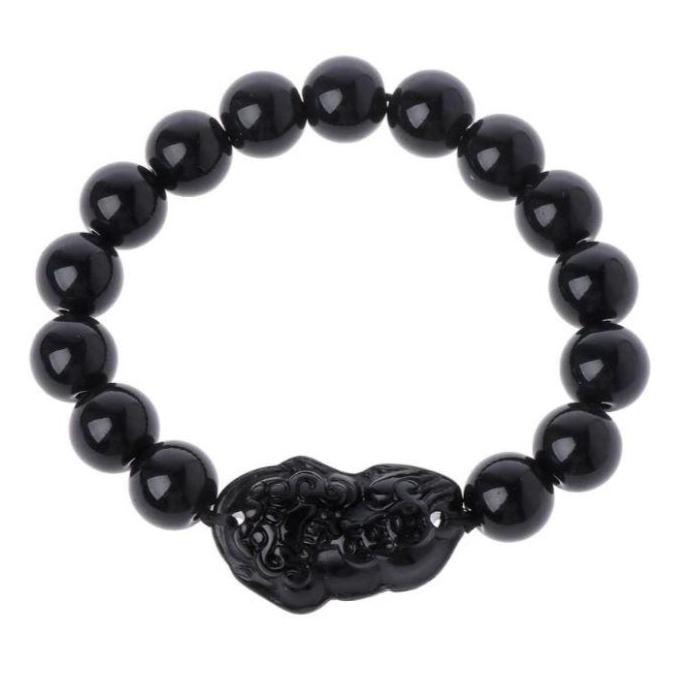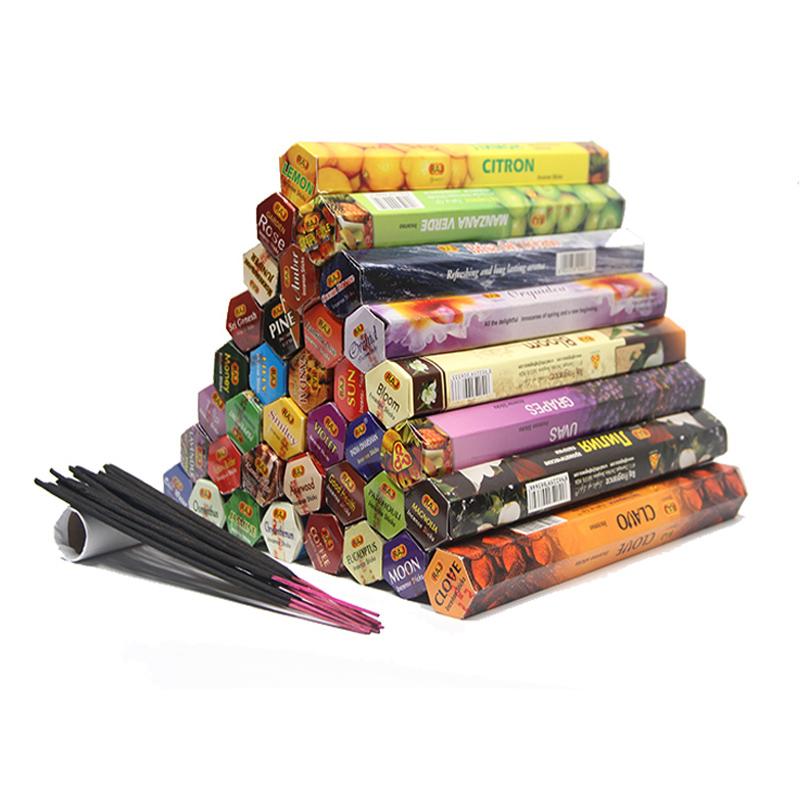The Chinese lucky charm: tradition and grandeur of a thousand-year-old empire
As in many others, Chinese lucky charms have long had a special place in the culture of this ancient country. Where China has actually stood out is in the diversity of lucky charms that we can find there.
Since its beginnings, the Middle Kingdom has shone through its influence on the whole of Asia. From the time of the great dynasties to powerful contemporary China, this country has been able to impose a vision of the world that will have marked humanity forever.
Between Buddhism and Taoism, the spirituality of its people has made Chinese lucky charms a most fascinating subject of research.
Whether we're talking about accessories like jewelry or hairpins, statues of zodiac animals like the cat, the pig or the tiger, or precious jade ornaments, lucky charms are witnesses of a people who have managed to preserve their traditions.
Whether we are talking about the Zhou, Han, Jin, Song or Ming dynasties, the fact is that China has always stood out as the cultural and economic center of Asia.
Everything we present to you here has been selected with the greatest care. We can therefore only advise you to take as much interest as possible and, who knows, discover which Chinese lucky charm is made for you.
In short, whether you already like this country or not, we are sure that learning a little more about the Chinese people will make you aware of their power. After some research, you will discover that Chinese tradition and customs promise luck, fortune, prosperity and abundance... and that all these promises are kept!
To conclude, let's look at this saying: "Happiness comes from paying attention to the little things, and unhappiness from neglecting these little things." This is applicable to Chinese lucky charms, don't you think?
An incredible number of different Chinese lucky charms
Yes, there is undoubtedly a Chinese lucky charm for each of us, and for every situation!
It would be easy to count hundreds, probably even thousands. However, here we are only going to focus on the most emblematic ones.
The Laughing Buddha is a well-known symbol associated with luck, prosperity and general happiness. Often, it is said that it represents a Zen monk (a form of Buddhism) who lived around a thousand years ago.
Regardless of its origin, the fact is that millions of people in China stroke the belly of the Laughing Buddha for blessings. .. it works!
Another Chinese lucky charm in human form, the Fu Lu Shou (also known as the “three stars of happiness”) are three gods used throughout the country for their interesting symbolism.
Each of these three characters is in fact associated with luck (Fu), prosperity (Lu) and longevity (Lou). We might as well tell you that each of us can find something to suit us.
Another Chinese symbol associated with luck is… the ideogram used to represent the word luck.
This seems obvious but yes, this trait is often used to attract what it describes. We therefore find it on birthday, wedding or new year cards among other lucky symbols.
The last emblematic objects that we are going to discuss, lucky coins are, as their name suggests, powerful tools allowing us to promote our destiny. In particular, these coins will be linked to everything related to money, success and wealth.
The zodiac: Chinese astrology and divination
An old legend says that one day Buddha called all the animals of the world to participate in a great celebration.
Despite all his good will, only twelve of them responded to his invitation: today they are the twelve animals that form the Chinese zodiac.
While in Europe your astrological sign is determined by your month of birth, it is the year you were born that counts in China.
Pig, tiger, monkey or snake: the animal associated with you has a capital importance for many Chinese. We may see astrology and the zodiac as fun and light sciences, but the fact is that many Asians give them a lot of attention.
In fact, very often, your zodiac sign will influence your behavior and your personality... and therefore also the lucky charms that will work best for you!
Some wise people have understood this well and often specify which Chinese lucky charm suits you based on your zodiac sign.
If the subject of the zodiac and divination in general interests you too, you will be happy to learn that we have an entire collection dedicated to clairvoyance !
The importance of animals in Chinese culture
It's in the title: animals occupy an essential place in Chinese folklore, legends and traditions.
Most powerful of all, the dragon is associated with righteousness, benevolence and even nobility.
In fact, the image that the Chinese have of the dragon is very different from the one we have in Europe.
While for us these fantastical creatures are associated with fire and air, the Chinese see them as beings of water and sometimes earth.
While we see them as monsters to slay, enemies and dangers to men, dragons are seen in China as protectors, allies and (this is the topic of the day after all) good luck charms, as for example the pi xiu and the jade dragon can be.
Another animal that is rather frowned upon in our countries, the pig is particularly appreciated by the Chinese.
Many of us may see the pig as dirty, disgusting, base and impure. For our friends from the East, on the contrary, it is amusing, friendly and sometimes even magical.
The Chinese pig symbolizes prosperity and a certain happiness in living in a community. A fattened pig is in fact synonymous with a healthy village, which will have enough to eat and even something to prosper.
In short, here is a Chinese lucky charm compared to which it would be stupid to pass for simple prejudices.
China: land of religions and philosophies
Chinese philosophies and religions have not only influenced spirituality around the world, but also the arts, science, and social structure of many countries.
Historically, China is a rich land where, well before other countries, some of the most profound spiritual and philosophical reflections saw the light of day, often overlapping and intertwining with each other.
Taoism is undoubtedly one of the most important movements.
Based on the principle of the Dao (this term means "the way", or "the path"), Taoism is particularly interested in energies, in what makes up our world but is not directly perceptible to us, in ideas of harmony and balance, meditation, trance, letting go, etc.
Some well-known Chinese lucky charms are associated with this school of thought, such as taijitu (this is the symbol of Yin and Yang).
From this doctrine comes another body of teachings well known in the West: Feng Shui (on which you will find more information here).
Feng shui is mainly interested in the energetic interactions between people and their environment.
By channeling chi (Chinese word which describes energy), certain lucky charms manage to influence our lives in a sometimes radical way.
Confucianism aside from this, goes in the opposite direction.
This philosophy has the characteristic of seeing the social system in itself as a religion, putting aside the many spiritual and esoteric aspects in which Taoism is interested.
Based on the teachings of Confucius, a famous Chinese philosopher who lived several millennia ago, this movement aims for human happiness through social harmony and the construction of the most fulfilling society possible.
Alongside all this, another religion has flourished in China for millennia. This is Buddhism.
We mentioned it with the Laughing Buddha, but the fact is that this religion was the source of many other Chinese lucky charms. In this regard, we can cite the goddess Guan Yin and the different representations of the Buddha.


















